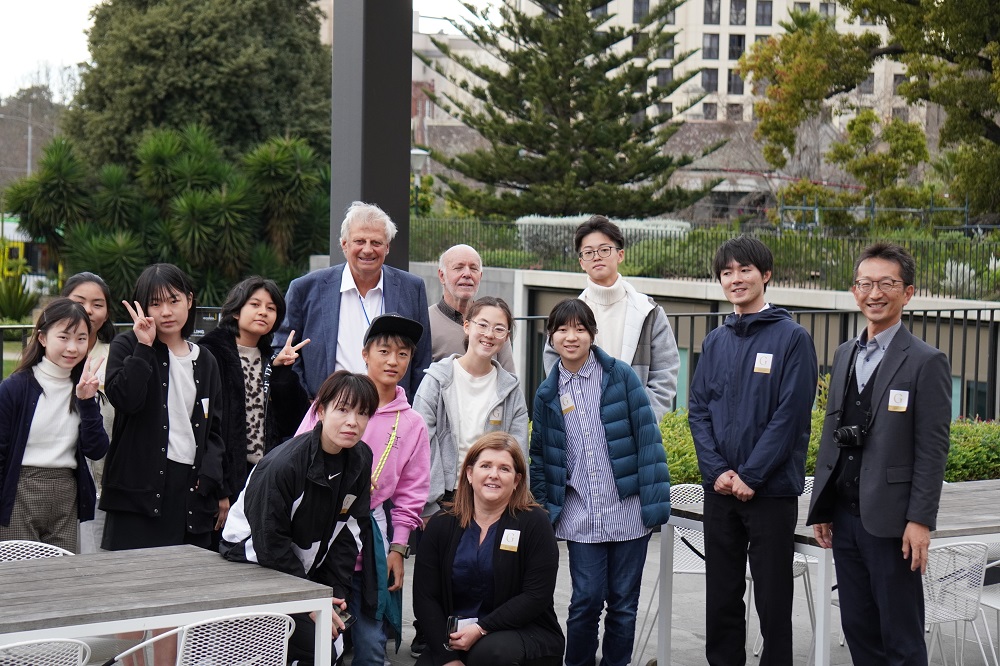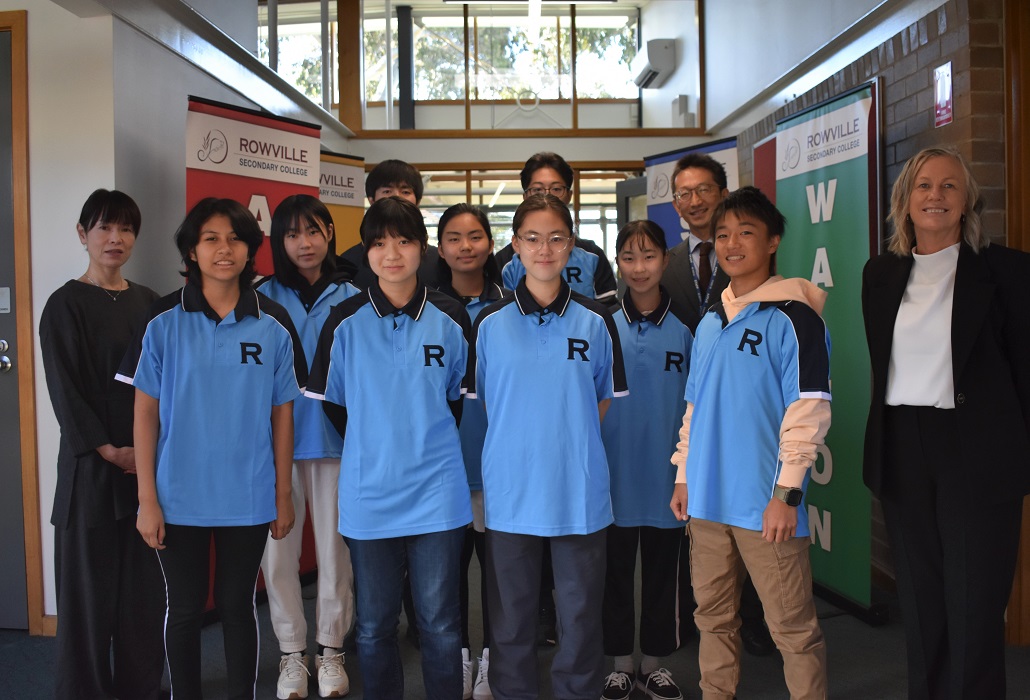International Student Program
Welcoming international students to study
Studying in Victoria
Victorian government schools are a destination of choice for international students. Our schools provide international students with a high-quality education, excellent English language tuition, caring welfare support services, secure homestay, and pathways to higher education. To learn more about studying and living in Victoria as an international student, see: www.study.vic.gov.au
About our school
Located in Melbourne’s east and nearby to Dandenong Ranges National Park, Rowville Secondary College has two campuses and is One Great School with four Strengths Based Learning Programs focused on your child’s talents and passions. Our school philosophy ‘nurturing strengths to grow curious and powerful learners’ enables our students to do what they love, so in turn they love coming to school to learn and grow. A broad curriculum is offered with over 50 Victorian Certificate of Education subjects all students.
To learn more about the types of subjects and supports available for international students, see: Rowville Secondary College – international student profile.
How to apply
Most international students must apply to the Department of Education in order to study in a Victorian government school. To learn about the application types and to apply, see: How to apply
Contact our school
For more information about international students, please contact the below staff member.
- International Student Coordinator (ISC): Hongxia Wei
- Phone: 03 9755 4555
- Email: Hongxia.Wei@education.vic.gov.au
- Generic school email: rowville.sc@education.vic.gov.au
Rowville Secondary College is accredited under the Department of Education’s CRICOS registration (CRICOS provider name and code: Department of Education, 00861K). For more information, see: www.study.vic.gov.au
Watch our Videos and see yourself with a quality education at Rowville Secondary College in Melbourne, Victoria Australia.
RSC Virtual School Tour
International Program & Homestay
Key Support Features of our Program
- Orientation program to the school, homestay and community.
- Ongoing English as an Additional Language (EAL) support.
- Strong international student support network: International Student Coordinator, Learning Mentor, Student Service staff, House Leader and Assistant Principal who oversees International Study Program.
- Progress is monitored four times a year and reports sent to parents.
- High quality, selective homestay arrangements to provide a safe and secure environment.
- Ongoing educational, course selection and welfare support.
Student Career Path
- Shuxiao Li (studied at Rowville SC from July 2016 to 2018) from China : RMIT.
- Triston Pon (studied at Rowville SC from 2018 to 2019) from South Africa: RMIT.
- Nicharee Srichan (studied at Rowville SC from 2019 to 2020) from Thailand: Monash University.
- Wenchi Zhao (studied at Rowville SC from 2017 to 2020) from China: Sydney University.
- Mey Siv: (studied at Rowville SC from 2018 to 2021) from Cambodia: Monash University.
ROWVILLE & KNOX COMMUNITY
Rowville is part of the Knox City Council. Information about the Rowville community can be found here. A guide to Knox including Festivals, Arts, Media, Health Services, Sport, Leisure, Religious groups and Youth Services is available at knox.vic.gov.au.
Victoria
The website studymelbourne.vic.gov.au has a wide variety of information of about our city and living here.
TESTIMONIALS
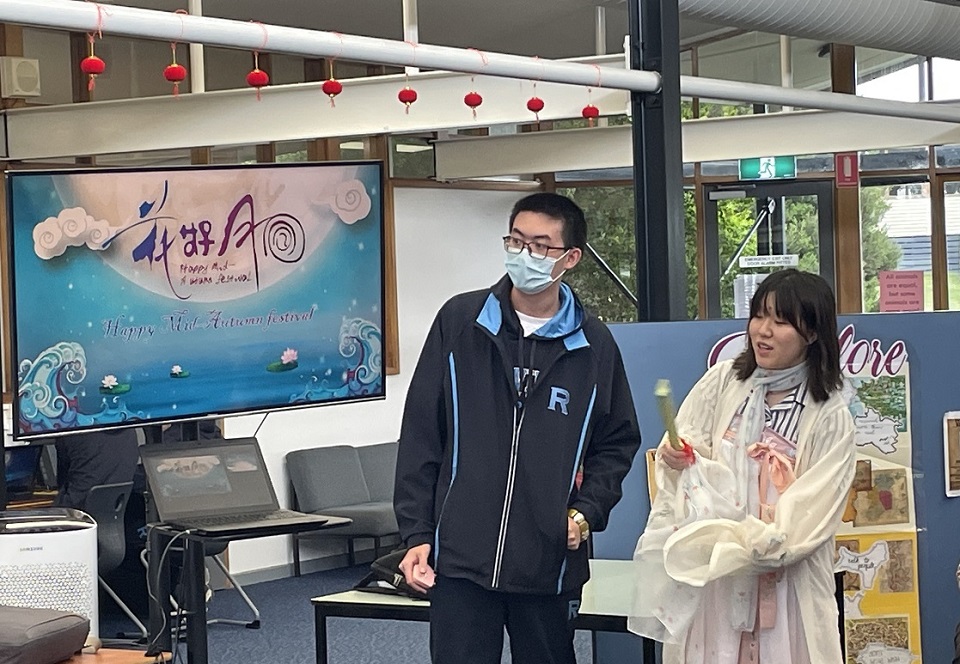

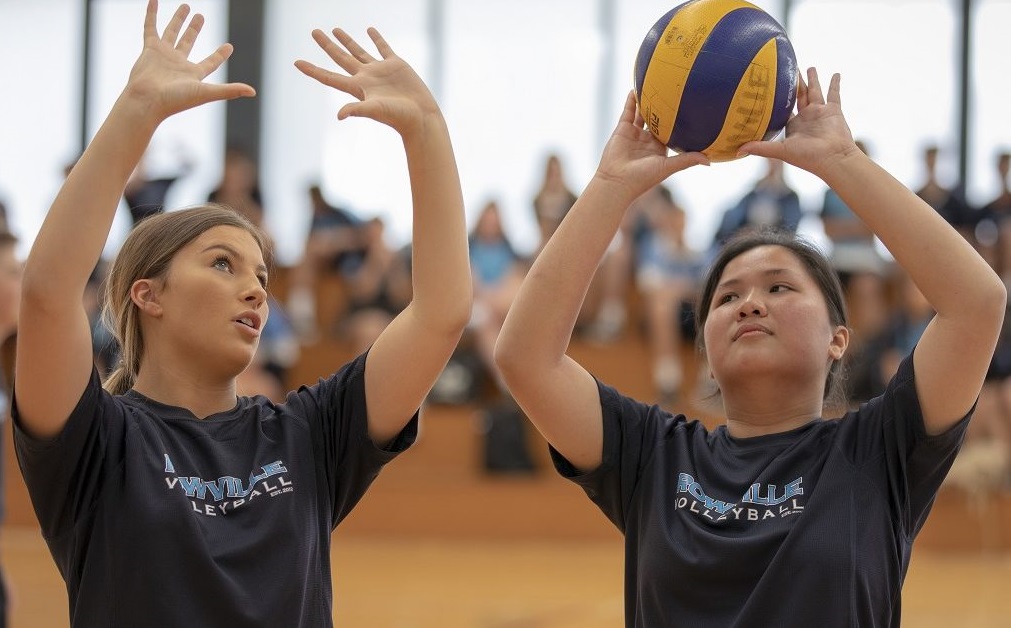
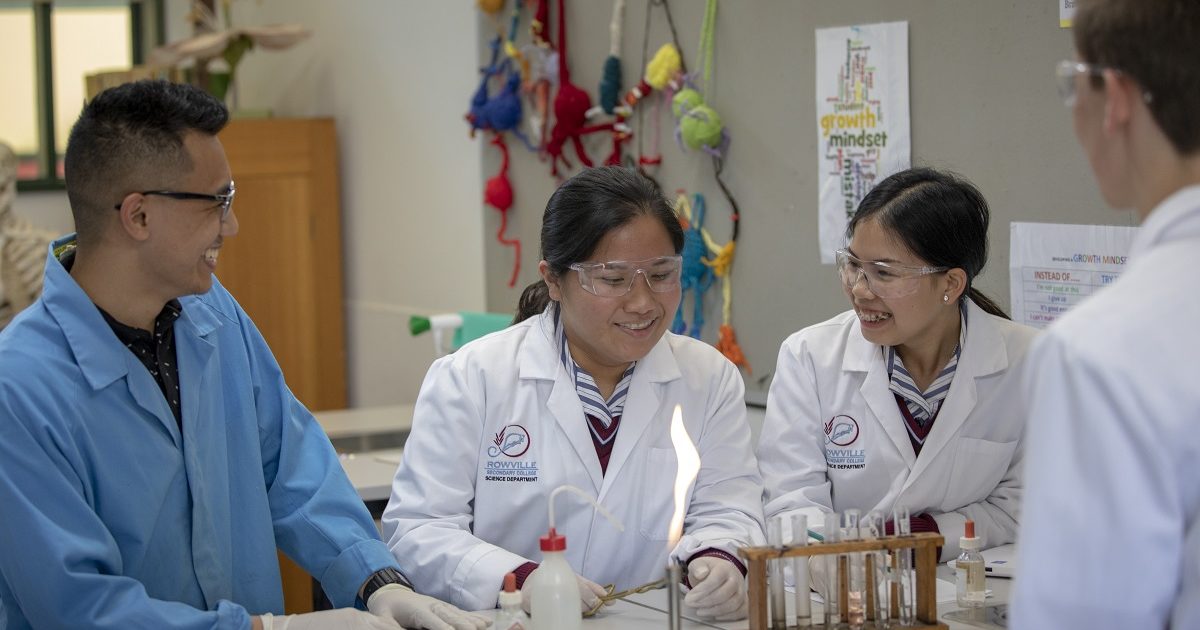
SISTER SCHOOLS
The goals of our sister school program are:
- To strengthen relationships, understanding and appreciation between people in Australia and the people of Japan
- To deepen the understanding of and respect for each others cultures
- To develop opportunities for students and teachers to develop skills which enhance Australia-Japan relationships
- To support the teaching of English in Japan
- To develop ties of friendship through regular communication
- To develop global perspectives and citizenship
- To develop curriculum links and collaborative learning projects
Sister school Activities
- The exchange of information about curriculum, school policy and school events
- The exchange of teaching resources, course materials and teaching strategies
- The exchange of student work, letters, photos, student newspapers, email, etc to promote mutual understanding.
- Distance learning via information and communication technology.
- Study tour programs between the countries, if and when possible
- Teacher exchange programs
